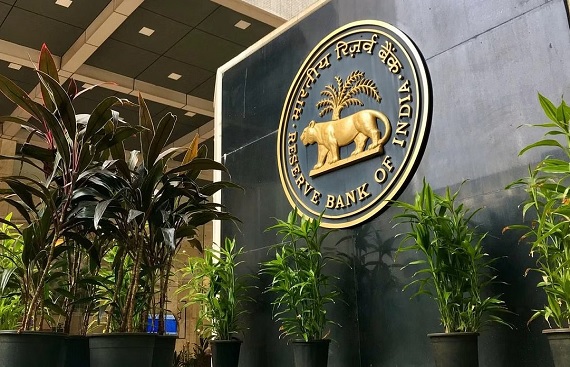RBI Unveils Measures to Strengthen Banking and Economic Growth
By
siliconindia | Friday, 06 December 2024, 07:00 Hrs

Reserve Bank of India (RBI) Governor Shaktikanta Das announced that Indian banks have been advised to address the issue of unclaimed deposits by segregating beneficiary accounts through Direct Benefit Transfers (DBT). This initiative is designed to ensure the smooth flow of DBT amounts and enhance transparency within the banking system.
Das further emphasized that the financial health of Indian banks remains robust, with the RBI continuing to take a proactive approach in overseeing the financial sector. He highlighted that the gap between credit and deposit growth of Scheduled Commercial Banks (SCBs) has narrowed, with ongoing efforts to resolve any issues in a non-disruptive manner, imposing business restrictions only in extreme cases.
To attract more capital inflows, the RBI has also raised the interest rate ceilings on Foreign Currency Non-Resident (FCNR(B)) deposits. Starting from December 6, 2024, banks will be able to offer higher interest rates on fresh FCNR(B) deposits, with maturities of 1 to less than 3 years at rates up to ARR plus 400 basis points, and for deposits with maturities between 3 to 5 years, up to ARR plus 500 basis points. This relaxation will be effective until March 31, 2025, with the RBI monitoring the progress of these measures.
In an effort to increase liquidity for banks to support lending and boost economic activity, the RBI also decided to reduce the Cash Reserve Ratio (CRR) from 4.5 percent to 4 percent. This move is expected to release Rs 1.16 lakh crore to banks, thereby enhancing their lending capacity. The CRR is the percentage of a bank's total deposits that must be maintained in liquid cash with the RBI, and no interest is earned on this amount.
During the RBI's December Monetary Policy Committee (MPC) meeting, the central bank decided to keep the policy rate unchanged for the 11th consecutive time. However, it sharply reduced its GDP growth forecast for the current fiscal year to 6.6 percent, down from an earlier projection of 7.2 percent. The decision to maintain the repo rate at 6.5 percent and keep the policy stance neutral came despite the GDP growth for the July-September quarter falling to a seven-quarter low of 5.4 percent, lower than the RBI's previous projection of 7 percent. The RBI also raised its inflation target to 4.8 percent from the previous forecast of 4.5 percent for the current fiscal. Governor Das noted that the MPC will remain vigilant, considering future actions based on incoming macroeconomic data.
